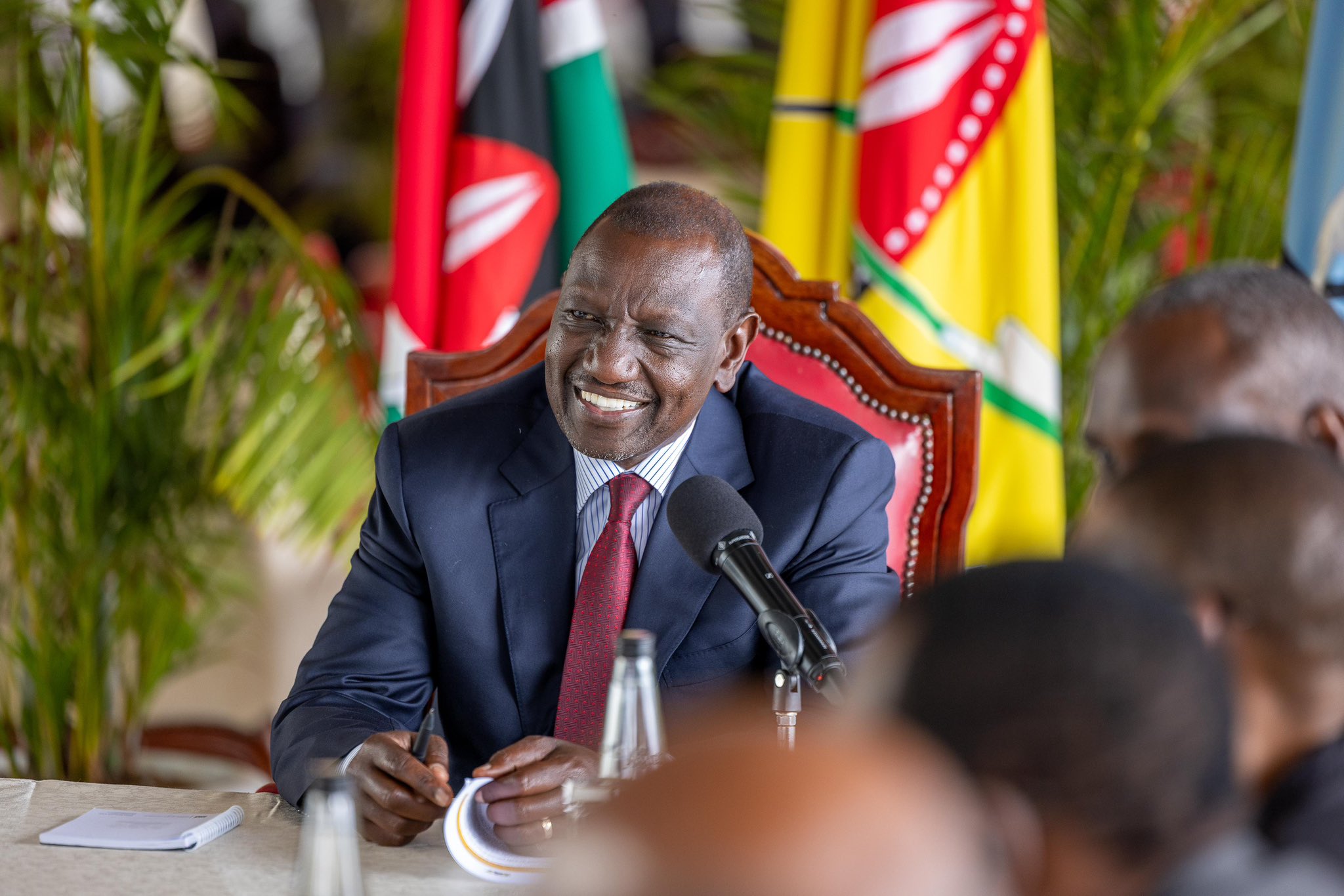Explainer: How Kenya’s Presidential pardon system works

Anchored in Article 133 of the Constitution, this authority is exercised on the advice of the Advisory Committee on the Power of Mercy and is designed to balance justice with compassion.
The Presidential Pardon in Kenya is a constitutional power that allows the President to grant clemency to convicted individuals, offering a path to reduced punishment or release.
Anchored in Article 133 of the Constitution, this authority is exercised on the advice of the Advisory Committee on the Power of Mercy and is designed to balance justice with compassion.
The process is structured to ensure fairness, transparency, and alignment with public interest.
What is a Presidential Pardon?
A presidential pardon is an official decision by the President of Kenya to forgive or lessen the sentence of a person who has been convicted of a crime.
It can lead to full release from prison, a shorter sentence, or a change from a harsher to a less severe penalty.
While it does not erase the conviction, it helps reduce its impact, showing the President’s ability to extend mercy.
Legal basis for Presidential Pardons
The power is provided for in Article 133 of the 2010 Constitution. It allows the President to issue a full pardon, reduce or commute a sentence, or offer a temporary suspension of punishment.
This power is used with guidance from the Advisory Committee on the Power of Mercy, which was set up under the Power of Mercy Act, 2011, to make the process fair and accountable.
The Advisory Committee on the Power of Mercy
This committee is central to the pardon process. It is chaired by the Attorney General and includes key officials such as the Cabinet Secretary for Interior, the Principal Secretary for Correctional Services, and other appointed members with relevant expertise.
The committee’s tasks include:
- Reviewing petitions from convicted individuals or their representatives.
- Investigating petitions, consulting victims, families, and authorities.
- Advising the President on possible pardons or sentence changes.
- Ensuring the process reflects constitutional values and the public good.
How the pardon process works
The pardon process follows several key steps:
- Petition submission: Petitions can be filed by prisoners, their families, lawyers, or by the committee itself.
- Review and investigation: The committee looks into the case details, considering the nature of the crime, prison behavior, impact on victims, and any humanitarian needs. Information may be gathered from prison officials, victims, and others.
- Recommendation to the President: After review, the committee advises the President on whether to approve the request.
- Presidential decision: The President makes a final decision, which is shared publicly or through a gazette notice.
- Implementation: If approved, the Kenya Prisons Service or other relevant bodies carry out the President’s orders.
Criteria for Granting Pardons
The committee considers several factors when reviewing cases, including:
- The convict’s behavior and rehabilitation.
- Health conditions or old age.
- The seriousness of the offense.
- The time already served.
- The impact on the public and victims.
Notable Examples
Presidents in Kenya have used pardons for various reasons including reducing overcrowding in prisons and acknowledging reformed inmates.
In December 2024, President William Ruto pardoned 4,753 petty offenders during Jamhuri Day, including 18 people whose death sentences were changed to life imprisonment, following advice from the committee.
Past leaders like Daniel arap Moi and Mwai Kibaki also issued large-scale pardons during national holidays.
However, not all pardons are welcomed, critics warn that some may be seen as politically driven or unfair to victims. The Advisory Committee helps address these concerns by ensuring proper scrutiny.
Limitations and checks
The presidential pardon is not without limits. It cannot be applied to certain offenses like impeachment-related convictions. The committee ensures fairness, and public awareness and media reporting help hold the process accountable.
Implications of presidential pardons
Presidential pardons can:
- Support the reintegration of reformed prisoners into society.
- Ease congestion in correctional facilities.
- Shape how the public views the justice system.
- Influence how victims feel about justice and fairness.
How Kenya compares globally
United States: The U.S. President has broad powers under Article II, Section 2 of its Constitution, usually relying on advice from the Office of the Pardon Attorney.
There is no required advisory committee, and some pardons, such as those by President Trump, have drawn heavy criticism.
United Kingdom: The Royal Prerogative of Mercy is used rarely and typically only in clear cases of judicial error. It is advised by the Home Secretary and based on common law rather than a written constitution.
South Africa: Section 84(2)(j) of its Constitution allows for pardons. While the President consults advisors, there is no formal committee like in Kenya. South Africa has also used pardons for political reconciliation.
